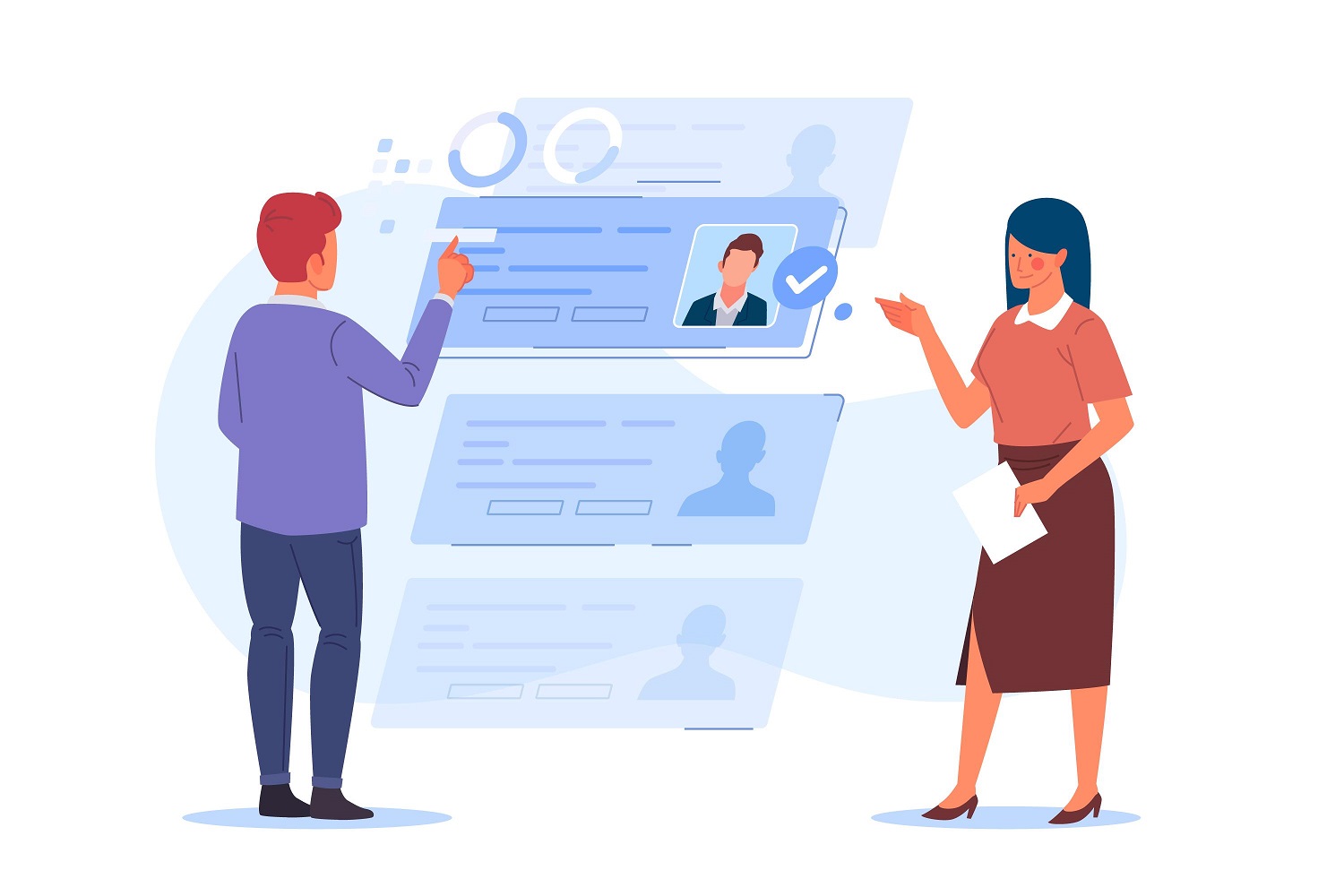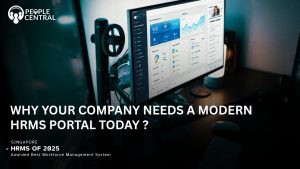Fast-paced changes in response to the COVID-19 pandemic have pushed organisations to evolve and adapt to the “future of work.” The roles that drive key business functions are changing rapidly, with Human Resources taking the lead in shaping 2021 and beyond. To redesign and augment employees’ journeys in today’s virtual work environment, HR roles are making headway – right from recruiting to managing employee experience to helping them overcome the challenges of working from home.
In a scenario where the criticality and value of HR are significantly being felt by employees, business leaders and CEOs, discussed here are the key roles that will shape in 2021 and years to come.
- The Facilitator of Remote Work
If there is anything that has witnessed immense significance during the COVID-19 crisis in 2020, it is “Work From Home.” It isn’t just the need of the hour where employee safety, social distancing and hygiene take the centre stage. WFH also helps organisations cut down their operational costs. As more businesses have acknowledged shifting to the “Work From Home” model in the years to come, the role of a facilitator will become more important than ever.
The recent remote working situation is bringing a lot of workforce challenges. These can be mitigated by the presence of a facilitator who can define rules, processes and procedures that govern e-presenteeism. They are also expected to drive effective communications and employee engagement, bring coherence to organisational culture and improve remote workers’ productivity.
- Manager of Wellbeing
For many organisations, employee wellness – health, financial and emotional – has always been important, even before the pandemic. And with lurking health issues during the COVID-19, prioritising wellbeing and hygiene in the workplace has become more vital than ever.
All these factors have enhanced the need for an efficient wellbeing manager who can curate strategies that focus on employee benefits programmes. From addressing health behaviours to establishing financial and emotional wellbeing strategies, the role of a manager cannot be undermined.
- Director of Employee Experience
The emergence of a Director of Employee Experience would enable organisations to respond to today’s fast-paced digital-driven world, streamlining complex processes like recruitment, hiring, onboarding, talent management, learning & development, payroll system and performance appraisal. The overall objective is to ensure an improved employee experience, especially during the tough times.
To keep pace with today’s fast-evolving roles, HR managers need to leverage smart & intuitive platforms like PeopleCentral. The technology helps streamline and automate every aspect of human resource management, allowing organizations to focus on core business functions, reduce costs and improve efficiency.








 5
5


























